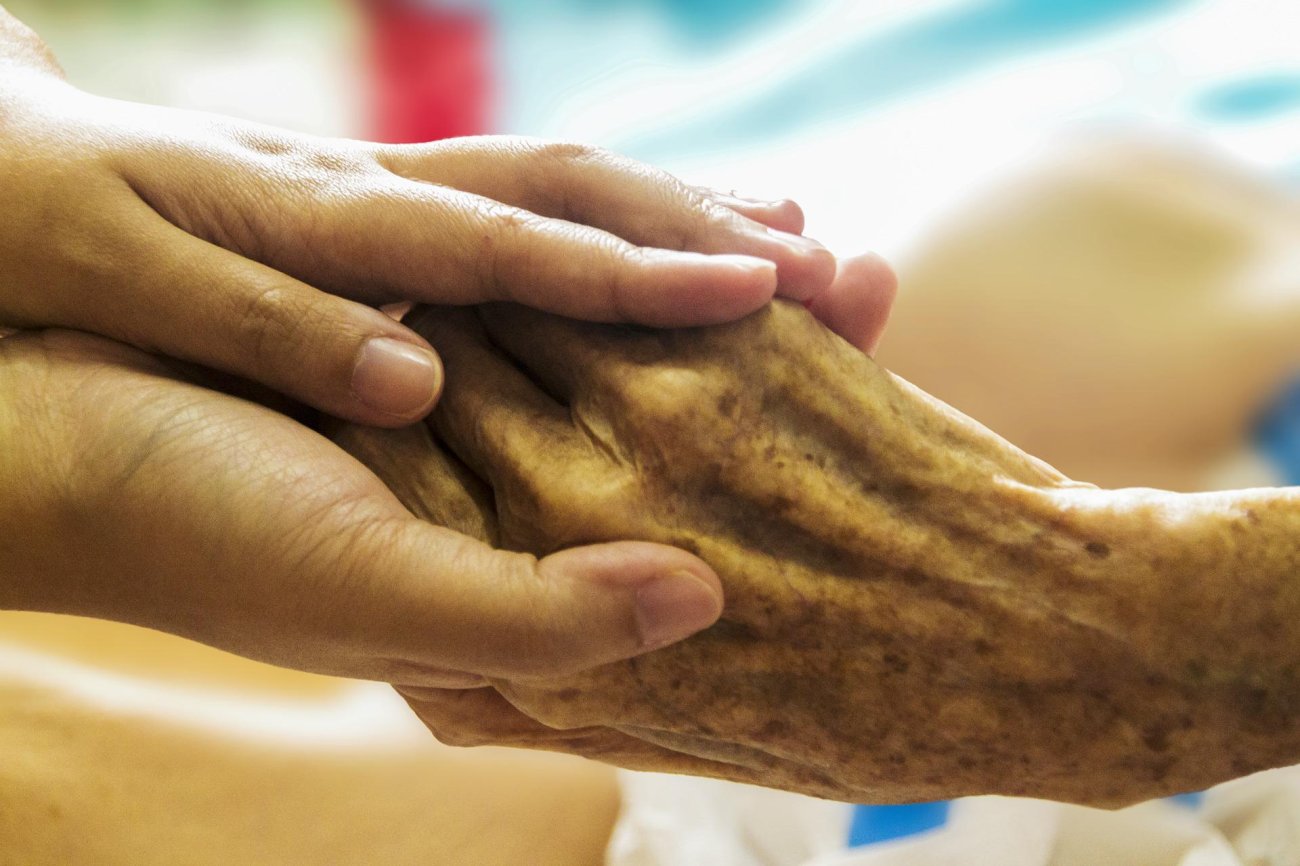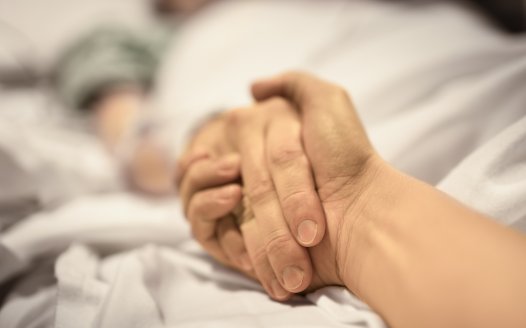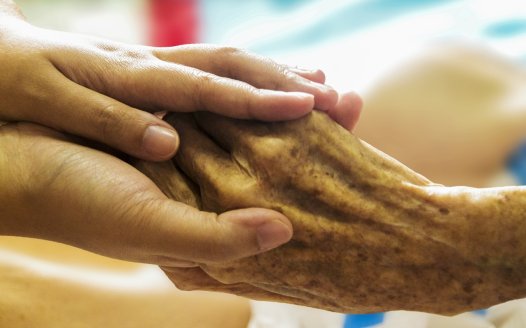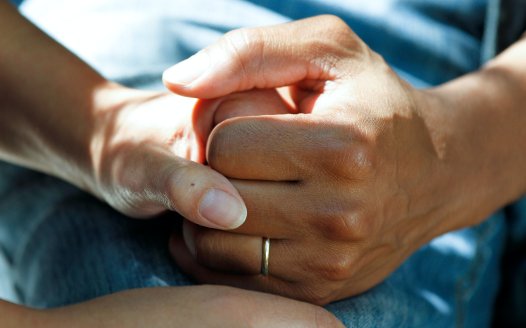NSS calls for action on high suicide rates among the terminally ill
Posted: Thu, 25th Aug 2022
The National Secular Society has urged the Scottish government to allow the choice of assisted dying in the wake of high suicide rates among the terminally ill.
In response to the Scottish government's consultation on suicide prevention, the NSS highlighted that recent figures from the Office for National Statistics suggest people with potentially terminal health conditions are more than twice as likely to take their own lives than the general population.
The NSS said allowing the option for people suffering intolerably from a terminal illness to control their death under proper medical supervision "will significantly reduce the number of suicides".
Helping a terminally ill patient who wishes to end their life is not currently a specific offence under Scots law but can be prosecuted as murder. The current law contains no safeguards to protect dying people who want to control their death. It also offers fewer protections to people who did not want to die but whose relatives later claim that they did.
It is widely acknowledged that even with the best available palliative care some people's suffering cannot be alleviated.
Eighty-six per cent of Scots believe the law regarding assisted dying needs to change. The NSS echoed this in its response, noting the law is "widely regarded as cruel and inhumane" and often leads to "botched suicides that cause immense pain and distress to both the individual and their family".
Research from Dignity in Dying estimates up to 650 terminally ill people a year in the UK are taking their own lives in lieu of a safe, legal option to die on their own terms, with up to 10 times as many attempts.
Prior to the Covid-19 pandemic, every eight days someone from the UK travelled to Dignitas for help to die. The process costs more than £10,000, rendering it too expensive for a huge proportion of Scots.
Marjorie Wallace CBE, chief executive of mental health charity SANE, has said traditional suicide prevention measures "are not an appropriate response" for those who are nearing the end of life and wish to ease the dying process, because their motivation is "to shorten death, not shorten life".
She has called for a change in the law on assisted dying so that terminally ill people "can explore their wishes fully and openly, access mental health support where necessary, and choose to be able to die on their own terms in safety and with protection".
The NSS warned strong opposition to assisted dying comes from religious leaders, and that the over-representation of religious groups imposes a "disproportionate level of influence" on the assisted dying debate. It said the views of the general public, professionals and relevant organisations "should be fairly reflected at policy level."
The NSS is also supporting Liam MacArthur MSP's proposed bill to enable legal assisted dying for terminally ill adults.
NSS: 'Terminally ill patients should not feel forced to resort to suicide'
NSS Campaigns Officer Alejandro Sanchez said: "The terminally ill must have a choice in how and when they die.
"These patients should not feel forced to resort to suicide, which often leads to a violent or deeply unpleasant death. The option of a medically-assisted, dignified assisted death must be open to them.
"For too long religious dogma has stood in the way of a compassionate and rigorously safeguarded assisted dying law. It is now overwhelmingly clear the people of Scotland demand and deserve change."
If you are struggling to cope, please call Samaritans for free on 116 123 or contact other sources of support, such as those listed on the NHS Help for suicidal thoughts webpages
Write to your MP: Assisted dying
Ask your MP to support the implementation of a legal framework for assisted dying.








